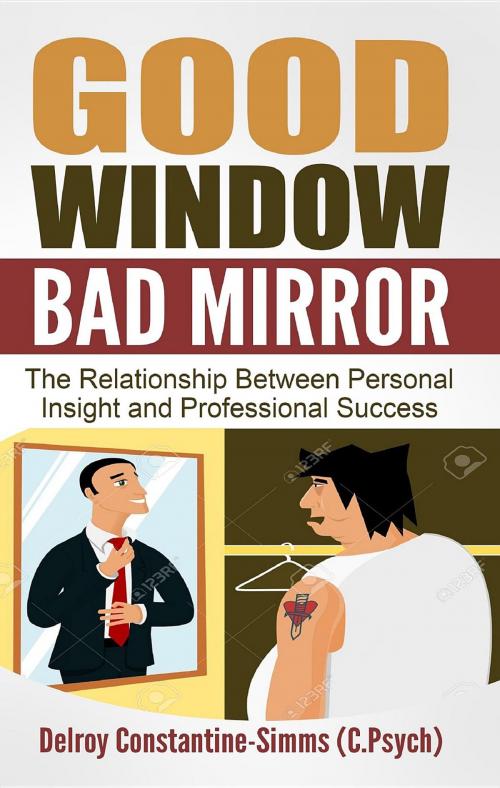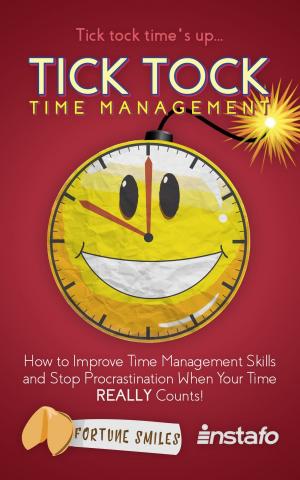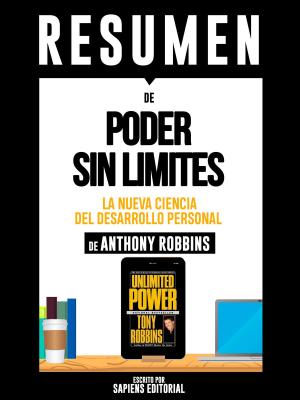Good Window Bad Mirror
The Relationship Between Personal Insight and Professional Success
Nonfiction, Family & Relationships, Parenting, Anger, Health & Well Being, Psychology, Self Help| Author: | Delroy Constantine-Simms | ISBN: | 9781684180462 |
| Publisher: | Think Doctor Publications | Publication: | November 27, 2016 |
| Imprint: | Think Doctor Publications | Language: | English |
| Author: | Delroy Constantine-Simms |
| ISBN: | 9781684180462 |
| Publisher: | Think Doctor Publications |
| Publication: | November 27, 2016 |
| Imprint: | Think Doctor Publications |
| Language: | English |
The underlying theme of this book “Good Window Bad Mirror” is founded on two platforms, self-insight and success at work. The contributions in this book contain a mixture of article which essentially suggests, that when it comes to finding the answers to our success or challenges in the work place, adopting an introspective, self-reflective approach is essential.
Furthermore, Good Window Bad Mirror” encourages readers to assess their professional and personal thought processes and traits by using a variety of personality and behavioural tools as part of the self-questioning, self-reflecting, introspective approach. The reasoning behind this suggestion, is that we have to acknowledge that more often than not, we are often unaware of the variables that may be responsible for enhancing or hindering our professional success.
While Good Window Bad Mirror” implores readers to be professionally introspective, it’s easier said than done, because it invites readers to look at their flaws and faults, which many prefer to ignore, deny or even minimize. This book could easily follow the personal development route and adopt the usual motivational and inspirational approach, by suggesting that readers merely need to think successful in order be successful in life and the work place, which is extremely important and valid in so many cases.
The emphasis on professional insight in this book is no accident, and might I add that the professional introspective dimension in “Good Window Bad Mirror” should not be underestimated either, since many of us define ourselves by our job, career and profession and in many instances, the status we hold in our current place of work.
Irrespective of how insightful or whatever psychological and professional tools we have at our disposal, this book makes it very clear that effective professional success, cannot take place without a clear plan of action, supported by consistent effort, self-reflection in conjunction with attainable professional goals, even if it means reaching for the ceiling before reaching for the sky.
The underlying theme of this book “Good Window Bad Mirror” is founded on two platforms, self-insight and success at work. The contributions in this book contain a mixture of article which essentially suggests, that when it comes to finding the answers to our success or challenges in the work place, adopting an introspective, self-reflective approach is essential.
Furthermore, Good Window Bad Mirror” encourages readers to assess their professional and personal thought processes and traits by using a variety of personality and behavioural tools as part of the self-questioning, self-reflecting, introspective approach. The reasoning behind this suggestion, is that we have to acknowledge that more often than not, we are often unaware of the variables that may be responsible for enhancing or hindering our professional success.
While Good Window Bad Mirror” implores readers to be professionally introspective, it’s easier said than done, because it invites readers to look at their flaws and faults, which many prefer to ignore, deny or even minimize. This book could easily follow the personal development route and adopt the usual motivational and inspirational approach, by suggesting that readers merely need to think successful in order be successful in life and the work place, which is extremely important and valid in so many cases.
The emphasis on professional insight in this book is no accident, and might I add that the professional introspective dimension in “Good Window Bad Mirror” should not be underestimated either, since many of us define ourselves by our job, career and profession and in many instances, the status we hold in our current place of work.
Irrespective of how insightful or whatever psychological and professional tools we have at our disposal, this book makes it very clear that effective professional success, cannot take place without a clear plan of action, supported by consistent effort, self-reflection in conjunction with attainable professional goals, even if it means reaching for the ceiling before reaching for the sky.















